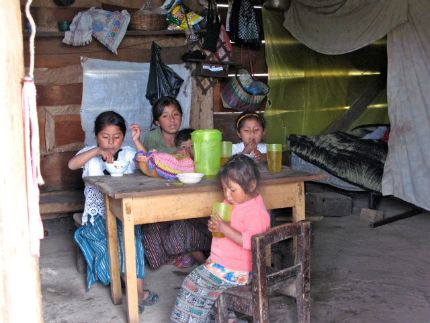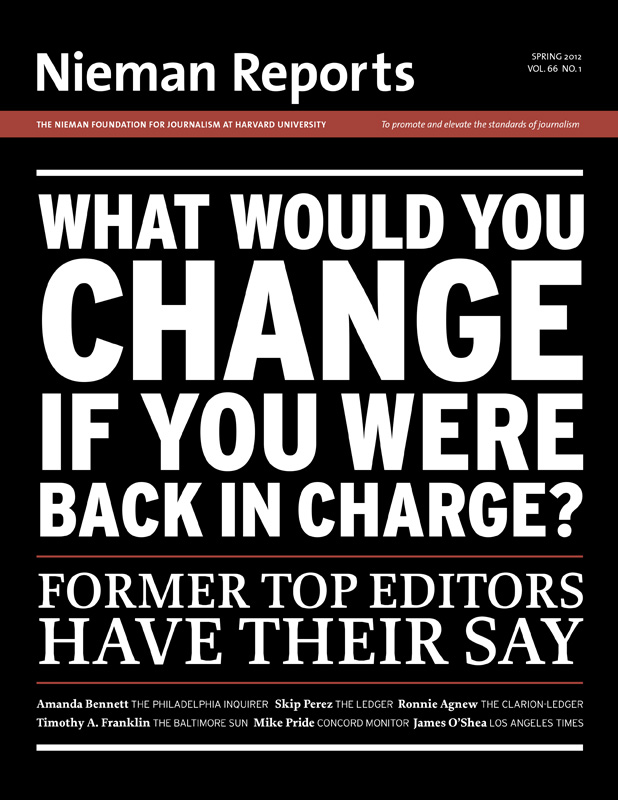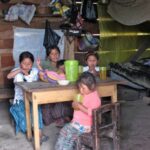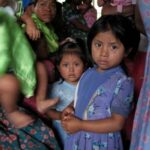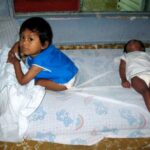RELATED ARTICLE
“Global Health: A Story Rarely Told”
- Stefanie FriedhoffWhen Samuel Loewenberg, a freelance foreign correspondent, heard in 2009 that 50 percent of children in Guatemala are chronically malnourished, he could not believe it. He double-checked the numbers, found out it was true, and sought funding to report on the problem. Says Loewenberg: "I had to find out how this was possible."
He discovered a mix of reasons: an impoverished population in rural, war-ravaged Guatemala, a lack of basic infrastructure, increased world food prices, and, most importantly, a lack of political will to address the situation. He also found children who were so malnourished their dark hair had turned blond, their organs had started to fail, and their face muscles were too weak to produce a smile.
"What makes this even more distressing is that Guatemala is rich enough to prevent it," Loewenberg, a 2012 Nieman Global Health Fellow, wrote in The Economist. "Other Latin American countries, such as Bolivia, Peru and Brazil, have reduced child hunger. Yet according to Unicef, the incidence of stunting—a common indicator of chronic malnutrition—in Guatemala is twice what it is in Haiti, where income per head is only a quarter as high."
A decade ago Loewenberg covered lobbying in Washington, D.C. Today he reports on global health. It's a beat that requires tenacity and skill, as editors are not easily sold on stories about subjects such as sanitation, broken health systems, or maternal mortality.
"Politicians talk about foreign aid successes but journalists have to be on the ground to show what is really happening," says Loewenberg. "By putting information out there, we are affecting policy. What gets attention, gets funded."
When he tried to draw attention to the crisis in Guatemala, he even made a short film for PBS. But because of funding problems, it did not air for several months, says Loewenberg. During that time, hundreds of children died from hunger.
Yet once his reporting was published in The Lancet, The Economist, and The Atlantic and broadcast on "World Focus," aid organizations rushed to help. The United States Agency for International Development alone disbursed $15 million.
